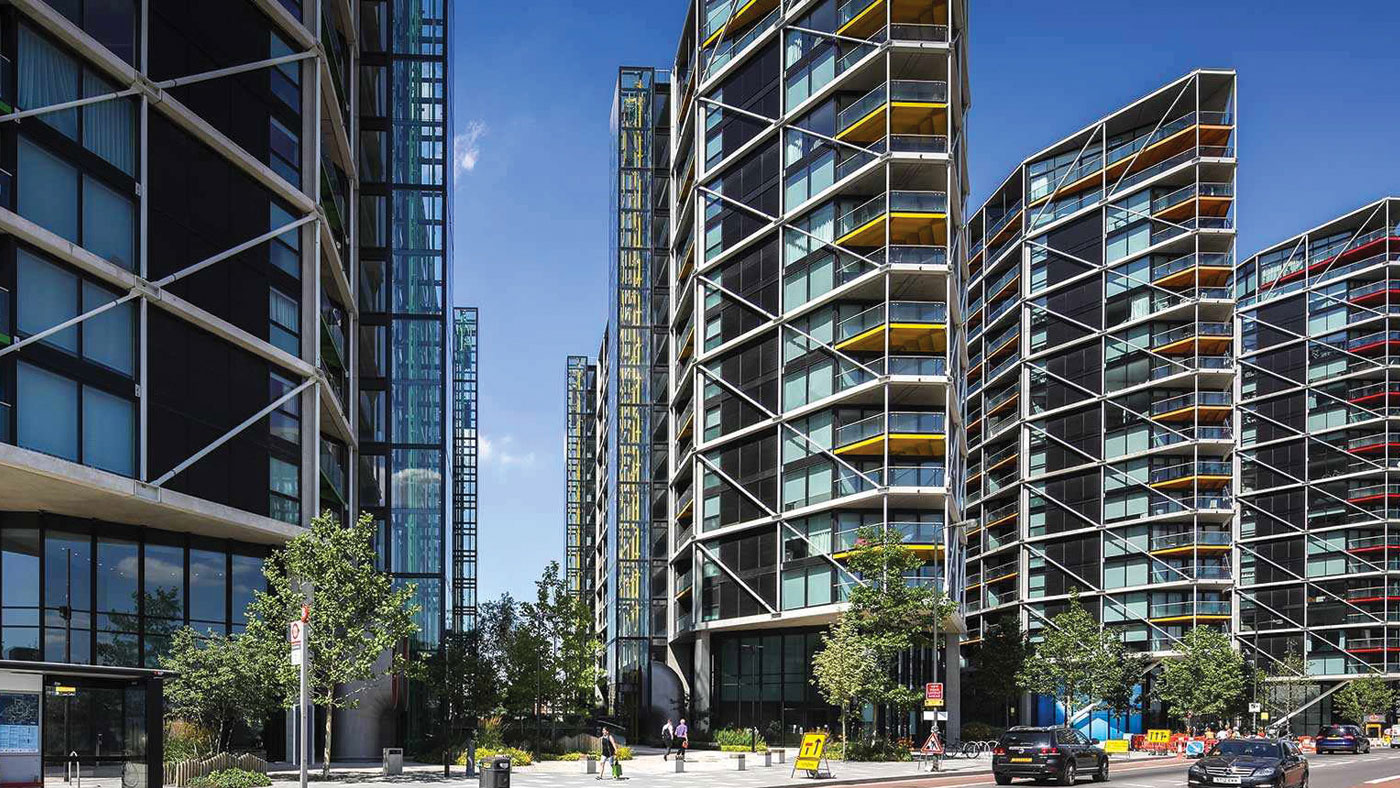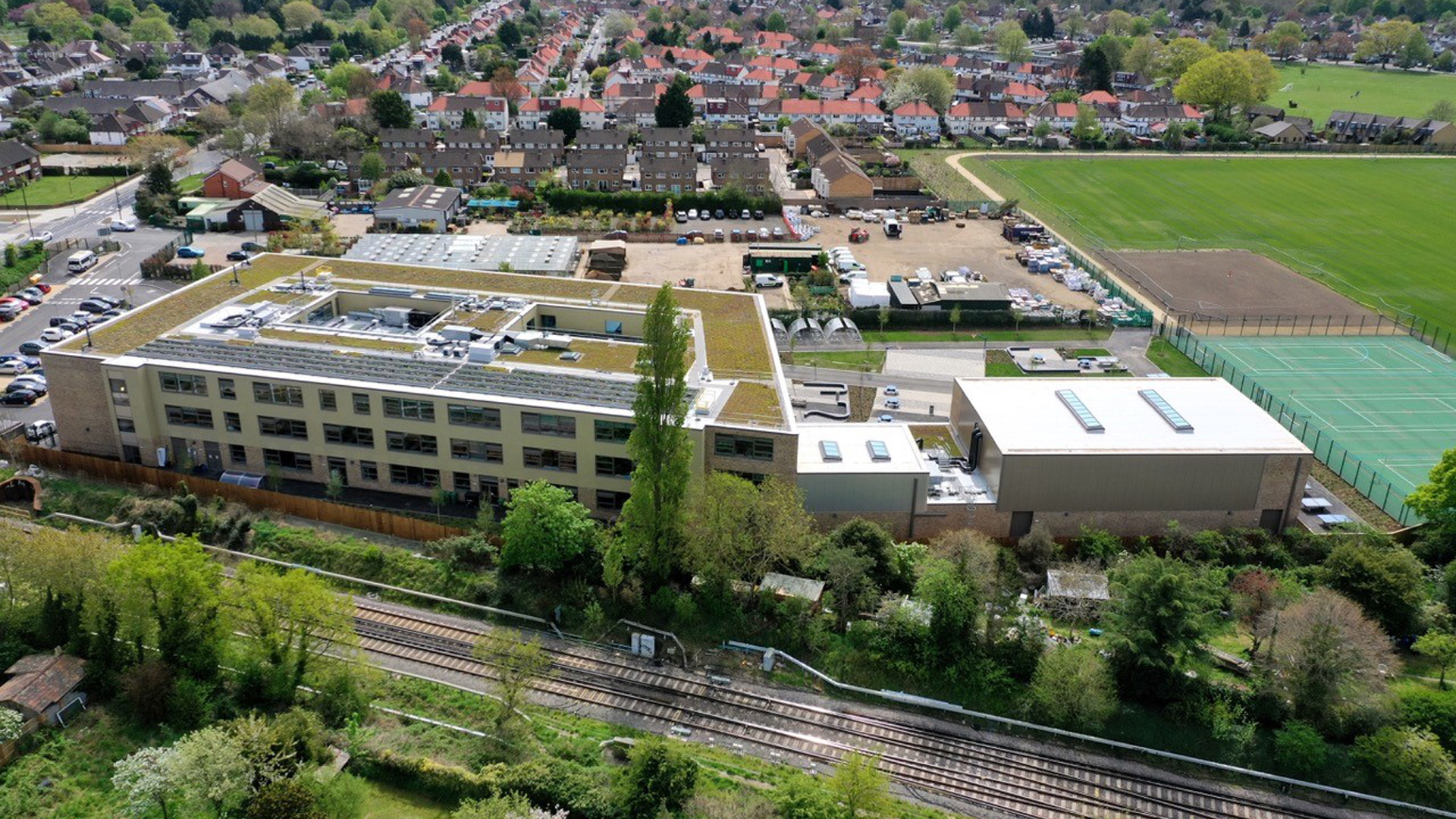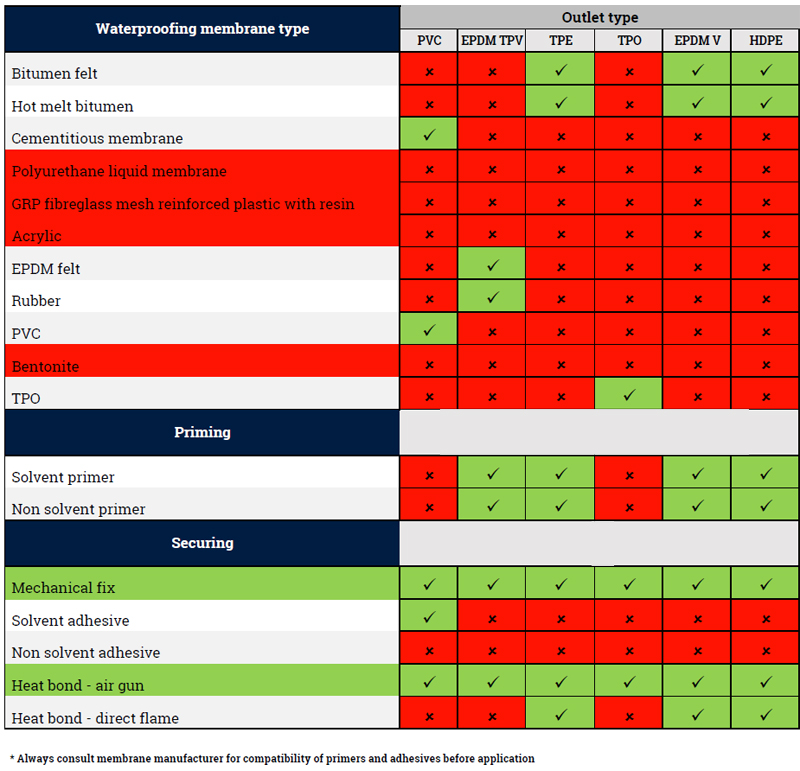Climate change is magnifying threats such as flooding, wildfires, tropical storms and drought. In 2020 the U.S. experienced a record-breaking 22 weather and climate disasters that each caused at least $1 billion in damage. So far in 2021, the count stands at 18.
I study urban issues and have analyzed cities’ relationship with nature for many years. As I see it, cities are quickly becoming more vulnerable to extreme weather events and permanent shifts in their climate zones.
I am concerned that the pace of climate change is accelerating much more rapidly than urban areas are taking steps to adapt to it. In 1950, only 30 percent of the world’s population lived in urban areas; today that figure is 56 percent, and it is projected to rise to 68 percent by 2050. Failure to adapt urban areas to climate change will put millions of people at risk.
Extreme weather and long-term climate zone shifts
As the Intergovernmental Panel on Climate Change shows in its latest report, released in August, global climate change is widespread, rapid and accelerating. For cities in temperate latitudes, this means more heat waves and shorter cold seasons. In subtropical and tropical latitudes, it means wetter rainy seasons and hotter dry seasons. Most coastal cities will be threatened by sea level rise.
Around the globe, cities will face a much higher probability of extreme weather events. Depending on their locations, these will include heavier snowfalls, more severe drought, water shortages, punishing heat waves, greater flooding, more wildfires, bigger storms and longer storm seasons. The heaviest costs will be borne by their most vulnerable residents: the old, the poor and others who lack wealth and political connections to protect themselves.
Click here for the full ‘Wired’ article.













